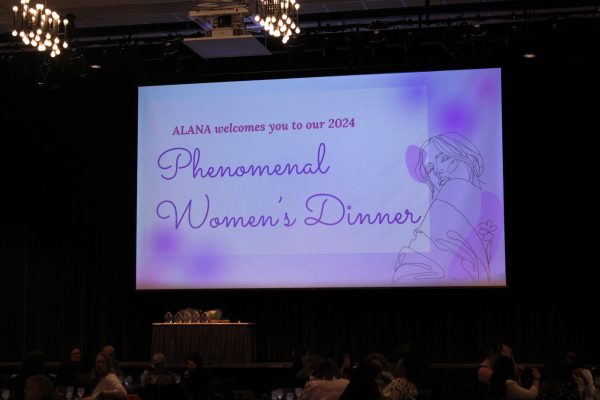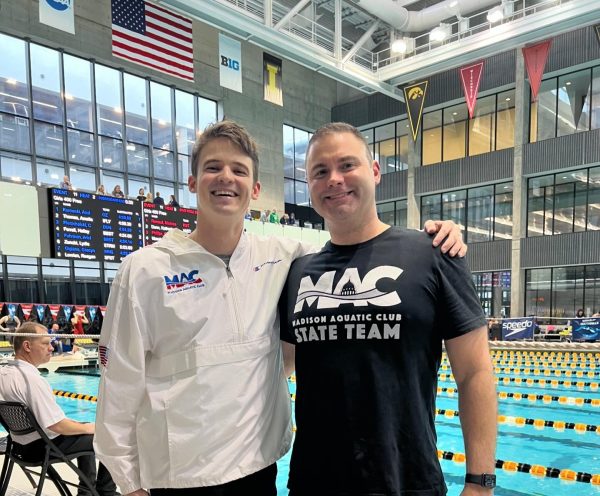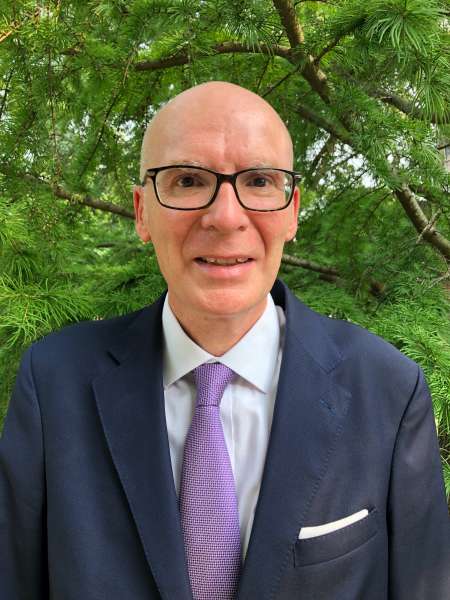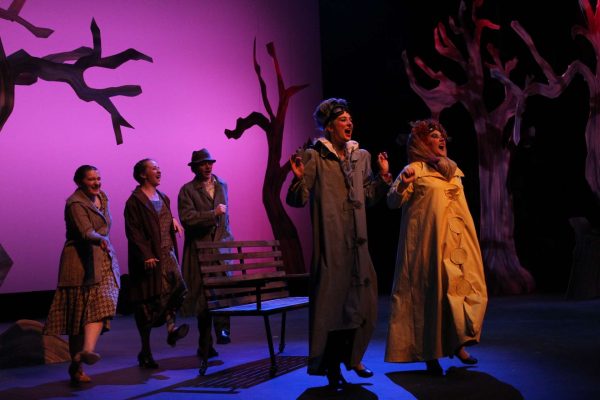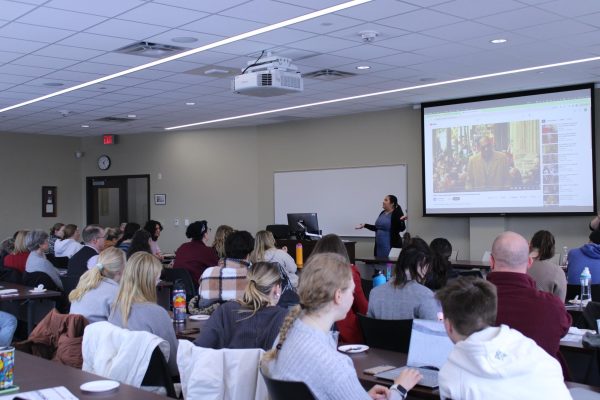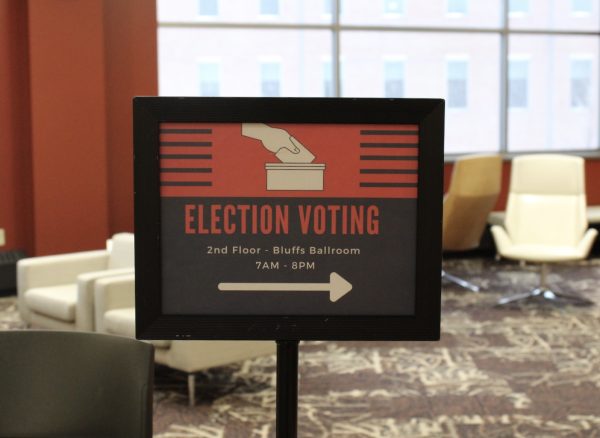“MIXED” performance reflects multicultural identity
March 30, 2016
On Wednesday, March 23, UW-La Crosse’s Intercultural Organization Promoting Awareness (IOPA) hosted MIXED: A One Woman Show. The event featured Juilliard-trained actor, producer, writer and activist Maya Lilly as she portrayed the experiences of eight different multiracial people of both sexes in order to shed light on the specific struggles they often face. Lilly first began to show the piece in 2005, with premieres in both New York and Los Angeles.
Lilly conducted over 200 interviews with multiracial individuals in order to write MIXED. Every story she told on the stage was true and came from one of those interviews. Her inspiration came from the lack of representation of multicultural identities, which she learned from personal experience. As a multiracial actor, she was often told she didn’t look “black enough” or “Indian enough” during her auditions. “There has to be someone talking about this,” she said. Her goal for MIXED was to write about what was missing.
Jamie Capetillo, IOPA member, said the group decided to bring Lilly’s show to campus due to its popularity among other multicultural events in the area. MIXED has been featured throughout the UW system, including the UW-Green Bay campus, as well as across the nation. As a group, IOPA focuses on transracial and multiracial student identities. Together, they decided Lilly’s one woman show would capture the message they hoped to bring to UW-L about students with these identities.
As Lilly told the stories of these different people, there were commonalities among them all. Many of the characters struggled not within themselves, but from the perceptions of those around them. “Mixed race people have a different understanding of what the race concept is,” said Lilly. The characters in MIXED could not understand how they would be able to check a box on their identity when they didn’t truly see themselves fitting within any of the given options.
The show portrayed that tension, along with expressing the pressure these individuals received from those on the outside. During the play, characters were often described as half-this and half-that. Lilly would argue, “My parents didn’t give me half of anything, they gave me more.” The actor also stressed that everyone identifies in different ways, whether that be by their sexuality, their passion, or their ethnicity.
“This is a teaching moment,” Lilly says of her show. She stresses the importance of listening to people’s stories rather than asking the dreaded, “So, what are you?” Lilly believes the best way to diminish hatred is to foster an open and honest dialogue about these issues. Although the conversation may be difficult at times, she believes the best way to treat it is with love, compassion, lots of listening and respect.





